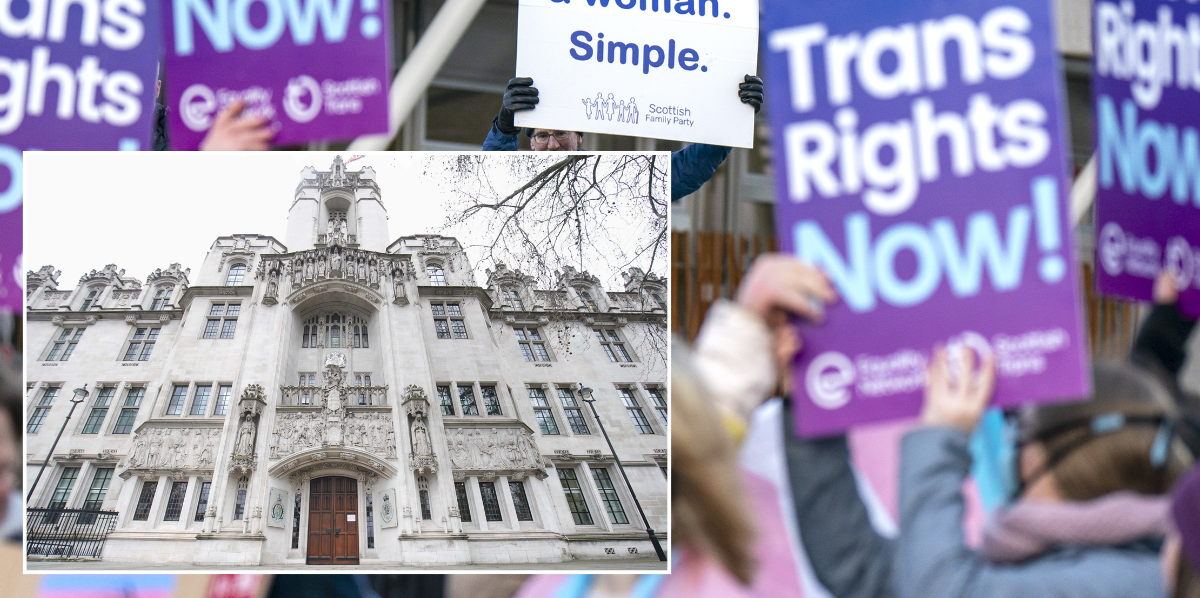The UK’s Supreme Court is set to rule on the legal definition of a woman following a long-running dispute between women’s rights campaigners and the Scottish Government.
The verdict, which is expected this morning, will determine whether transgender people with gender recognition certificates should be legally recognised as women under the Equality Act 2010.
The case has been propelled by campaign group For Women Scotland, challenging the Scottish Government’s position on gender recognition, which is expected to have significant implications for sex-based rights across Britain.
The dispute first emerged in 2022, when For Women Scotland successfully challenged the Gender Representation on Public Boards (Scotland) Act 2018 over its inclusion of trans women in its definition of women.
The verdict will have a nation-wide impact across ‘everyday, single-sex services such as toilets and hospital wards’
PA
The Court of Session ruled that changing the definition in the act was unlawful, as it dealt with matters outside the Scottish Parliament’s legal competence.
Following this, the Scottish Government issued revised statutory guidance stating that under the 2018 Act, the definition of a woman was the same as in the Equality Act 2010.
The Scottish Government also stated that anyone holding a GRC which recognises their gender as female had the sex of a woman.
For Women Scotland challenged this revised guidance, arguing that sex under the Equality Act refers to its biological meaning.
Director of For Women Scotland Trina Budge warned: “The ramifications of this case are much more far-reaching and all sex-based rights protected by the Equality Act are at risk.”
LATEST DEVELOPMENTS:
She added that the court’s decision would impact “everyday, single-sex services such as toilets and hospital wards”.
During the Supreme Court hearing, Ruth Crawford KC, who represents the Scottish Government, argued that a gender recognition certificate affected a “change in legal status”.
She said: “We submit there are only two sexes or genders, and a person whose sex becomes that of a man or woman in consequence of a GRC belongs to that sex, and will have the protection afforded under the Equality Act”.
The Government’s position is that someone with a GRC “becomes recognised as belonging to, or becoming, the sex of their acquired gender”.
The dispute first emerged in 2022
PA
The decision could impact a wide range of areas, including single-sex spaces and services, equal pay claims, maternity policy and sports events across Scotland, England and Wales.
Aidan O’Neill KC, representing For Women Scotland, has argued for a “common sense” meaning of the words man and woman, telling the court that sex is an “immutable biological state”.
The Equality and Human Rights Commission, which enforces the Equality Act, has called for legal reform as a result of the case.
Meanwhile, Amnesty International has warned the case could be the “thin end of the wedge” which threatens to undermine other rights.

